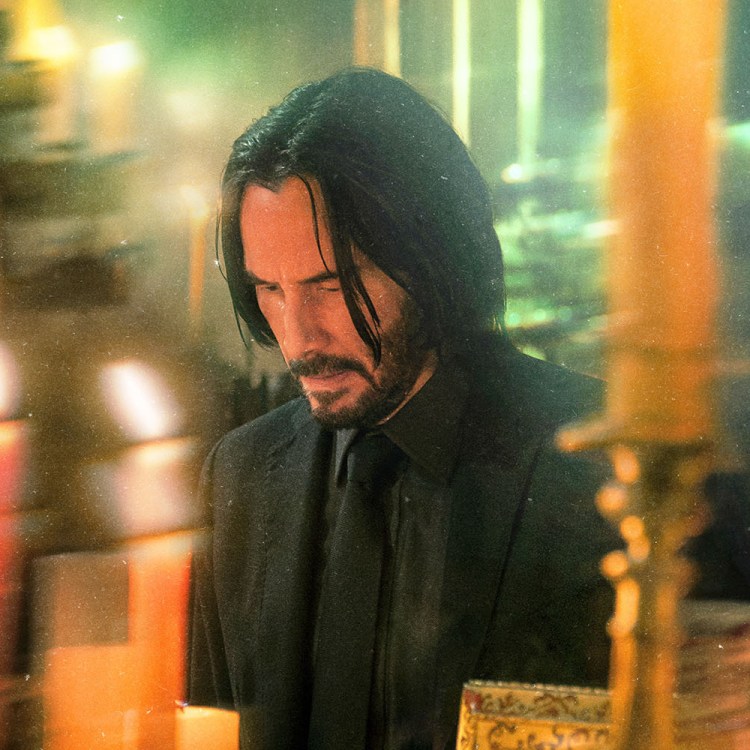In the sexual revolution, children were the collateral damage.
Not at the beginning, not at first. At first, they were still safe at home with Mom and Dad, on the couch, watching silly sitcoms. It was their older brothers and sisters, away at college, who took all the risks of the new morality, and reaped the rewards.
But as the ’60s faded into the ’70s, the Summer of Love became, in the suburbs at least, the Winter of Discontent – and divorce. And it’s a chilly time that director Alfonso Cuarón’s “Roma” captures with a true, pained understanding.
It’s not the movie’s primary focus, true. That’s on the hard, unrelenting life of Cleo, a mostly taken-for-granted servant whose greatest challenge is simply getting through each lonely day, and whose almost saintly perseverance provides the movie’s emotional core.
But her life is also set against a very strange and specific time, when suburban social traditions started getting questioned, and supposedly happily married couples began wondering if they were really so happy after all. The camera may be on Cleo, but the score is the sound of things falling apart.
You might not hear that if you didn’t live through it. But Cuarón and I were born only a few years apart; as children, in the early ’70s, both of us saw our fathers walk out. Recently, after the New York Film Critics Circle gala – where Cuarón’s extraordinary film picked up prizes for picture, director and cinematography – I had to ask him: Didn’t it seem like an epidemic back then? As if all the men had suddenly gone a little crazy?
“Yes!” he said excitedly. “People really haven’t written about that, but that’s true. The men went off. And the women, the women suddenly began to find their own power.”
Perhaps it was mostly a middle-class upheaval – the poor were too busy struggling, as the poor always are, to note the latest social mores — but it was fascinating to find out it had been as true in the nice neighborhoods of Mexico City as in the leafy suburbs of Westchester. Suddenly in the ’70s, plenty of men on both sides of the border seemed to realize, resentfully, that the free-love parade had passed them by.
And made a mad middle-aged dash to join it, running away from homes, from families, from responsibilities.
It was up to women, of course, to fill the gaps they left, not only doubling up on the parenting, but often nervously re-entering the work force just to pay the bills. Because, as they leaped to create their own new futures, this generation of men didn’t always remember the people they’d left behind. Didn’t always attend to mundane matters like alimony, or child support.
“We are alone,” the abandoned wife drunkenly tells Cleo in ‘Roma.” “No matter what they tell you, we women are always alone.”
If you were a kid at the time, the disassembly of your life was something that came slowly, then in fast-motion. One week, Dad started growing out his sideburns. The next month, he traded in the Cadillac for a Triumph. And then, pretty soon, Dad was gone, and Mom was going to meetings of Parents Without Partners.
This is a purely anecdotal history, of course, but statistics bear it out. Throughout the 1960s, the American divorce rate hovered at about 25 percent for first marriages; by 1970, as laws liberalized, it had inched up to 35 percent. But then it continued to rise, rapidly, and by the end of the decade had hit a historic high of 53 percent. (It’s a little over 40 percent today.)
Eventually films began to reflect that change. At first, like “Roma,” their stories had a feminist awareness, showing how men manipulated and undermined women. Creepy husbands abounded in “Play It as It Lays” and “Unmarried Woman,” “Heartburn” and “She-Devil.” (For a while, Richard Benjamin even had his own nasty little niche playing smarmy spouses.) Movies like these often ended with the woman realizing she didn’t even need a man or — in indie films like “Lianna” and “Desert Hearts” — that what she really needed was another woman.
Yet most of these ostensibly feminist films, while taking the woman’s side, still saw the ending of a marriage as solely a man’s decision. When the wife walked out – in “Kramer vs. Kramer,” and almost any Woody Allen movie you’d care to name – she was seen as some sort of selfish monster. Breaking up a marriage wasn’t easy, or pleasant. Even if it were the husband’s fault, though, Hollywood insisted it was also his prerogative.
But whatever the film’s point of view, few movies then had any interest in the most innocent victims in all of this – the children.
At least one film did, released just as the divorce rate was beginning to decline. In 1982, “Shoot the Moon” – a script that writer Bo Goldman had actually begun in ’71 — spun a horrifying story of drunkenness and abuse and damage, and showed how badly parental wars could hurt the children. It was unsparing in its view of rich and childish adults, unblinking in its closeups of distraught kids—and, of course, flopped utterly at the box office.
More than a decade later, with the calm that accompanies distance, another film looked back at the age of suburban entropy. Ang Lee’s brilliant 1997 drama “The Ice Storm,” set in 1973, convincingly recreated an upper-middle-class world of macramé planters and wide-wale corduroys, of casual adultery and relentless self-actualization – and, also, of tweens and teens alone and adrift, trying to figure out what their own new place was in this upended world.
And, of course, no one wanted to see that story, either.
“Roma” has had a happier fate with audiences, not only winning multiple critics’ awards but with the mighty Netflix pushing it out into homes. And, yes, it largely has a different focus from “Shoot the Moon” and “The Ice Storm,” concentrating, not on the husband, or even the wife, but on the silently suffering Cleo who is quietly, selflessly, holding this entire family together, even as her own future falls apart.
But every so often, the scene changes. The point-of-view shifts. The camera pulls back. And you notice how bratty and disobedient the children are becoming, how quickly they exaggerate every need or disappointment, how swiftly they slip into hysteria (and how inappropriately their frazzled mother disciplines them). How quickly they’re being damaged.
Of course, even after the separation, the father in “Roma” – who used to come home after work as wrapped in ceremony as a king – still thinks it’s all about him. The mother – well-educated, excruciatingly privileged, about to embark on a new career in publishing – thinks now, finally, it’s going to be about her. They each see this story as about something that’s happening to them, alone.
But we – and “Roma” – know it’s also happening to the kids. And their story is going to take decades to unfold.
This article was featured in the InsideHook newsletter. Sign up now.





















